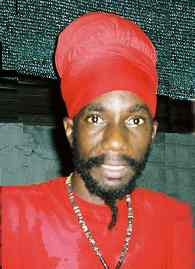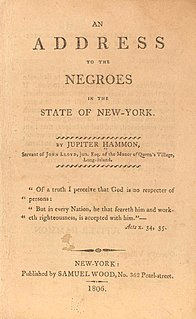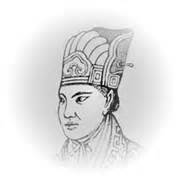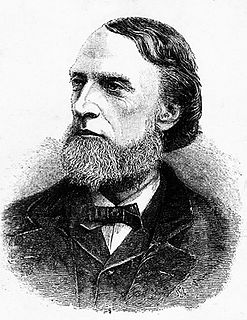A Quote by Martin Luther
Christ is the master; the Scriptures are only the servant.
Quote Topics
Related Quotes
Christ is the Master; the Scriptures are only the servant. The true way to test all the Books is to see whether they work the will of Christ or not. No Book which does not preach Christ can be apostolic, though Peter or Paul were its author. And no Book which does preach Christ can fail to be apostolic, although Judas, Ananias, Pilate, or Herod were its author.
Some would define a servant like this: 'A servant is one who finds out what his master wants him to do, and then he does it.' The human concept of a servant is that a servant goes to the master and says, 'Master, what do you want me to do?' The master tells him, and the servant goes off BY HIMSELF and does it. That is not the biblical concept of a servant of God. Being a servant of God is different from being a servant of a human master. A servant of a human master works FOR his master. God, however, works THROUGH His servants.
It is proper for every one to consider, in the case of all men, that he who has not been a servant cannot become a praiseworthy master; and it is meet that we should plume ourselves rather on acting the part of a servant properly than that of the master, first, towards the laws, (for in this way we are servants of the gods), and next, towards our elders.
The Head and the body are Christ wholly and entirely. The Head is the only begotten Son of God, the body is His Church; the bridegroom and the bride, two in one flesh. All who dissent from the Scriptures concerning Christ, although they may be found in all places in which the Church is found, are not in the Church; and again all those who agree with the Scriptures concerning the Head, and do not communicate in the unity of the Church, are not in the Church.
This mutual dependencies no longer the dialectical relationship between master and servant, which has been broken in the struggle for mutual recognition, but rather a vicious circle which encloses both the master and the servant. Do the technicians rule, or is their rule that of the others, who rely on the technicians as their planners and executors?
We may compare the Bible to the Old Testament Tabernacle in the wilderness with its three courts. The outer court is the letter of the Scriptures; the inner court, or holy place, is the truth of the Scriptures; the holiest place of all is the person of Jesus Christ; and only when we pass the inmost veil do we come to Him.







































